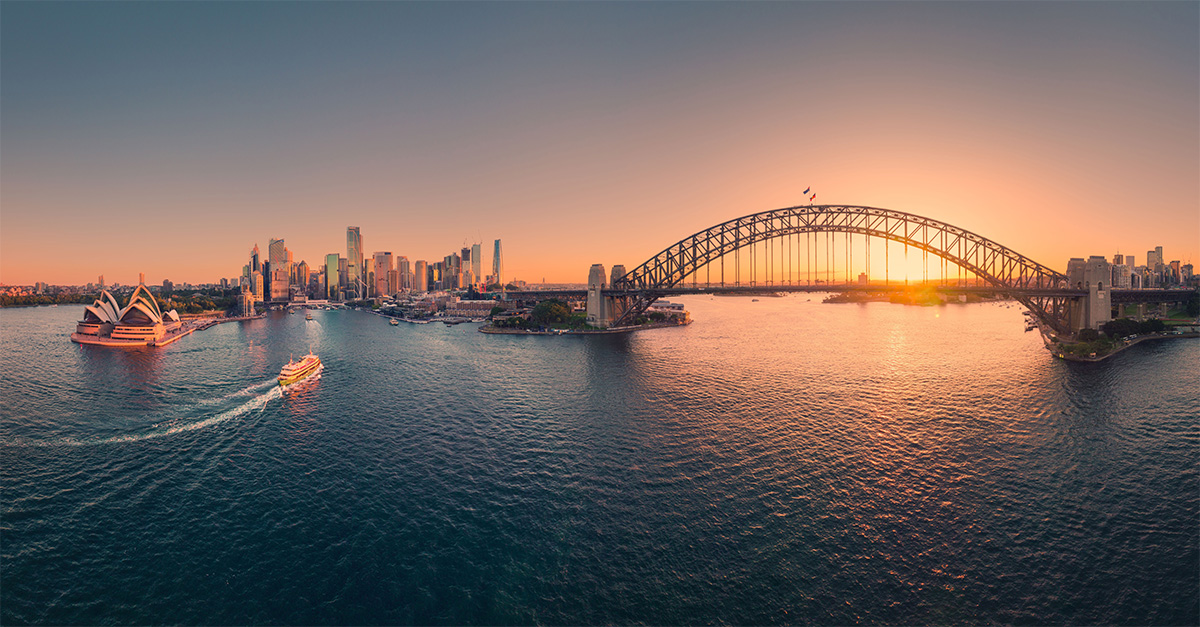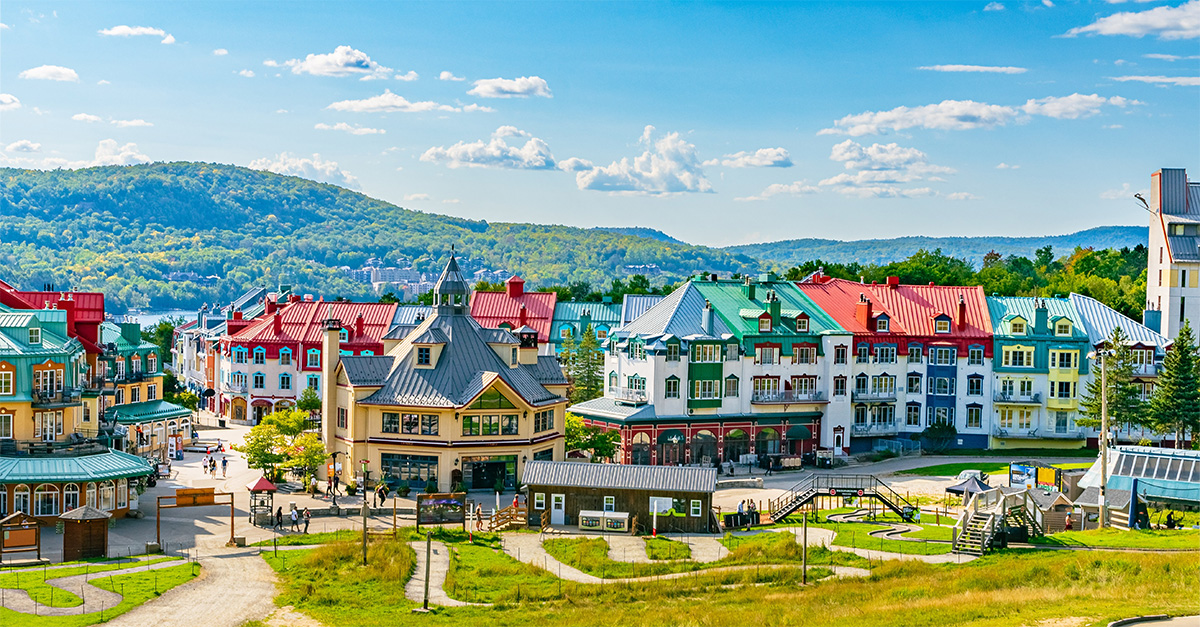What’s the current state of the domestic tourism market?
We have seen good growth in the short-break market and a lot more people booking for bank holiday weekends. You can now get a short break for around £200, which makes it very affordable.
With us, if you want a traditional seaside holiday you can still have it, however, consumer tastes are changing and becoming more demanding and refined. We have to meet these changes and take account of people’s tastes. We don’t want to offer anything second rate, we want to challenge people’s preconceptions so customers value our offering.
What do you think is changing people’s tastes and expectations?
You can see people’s tastes changing in line with how television shows are moving on, particularly Saturday night entertainment. Programmes such as Britain’s Got Talent and Strictly Come Dancing have seen a real resurrection in talent competitions, which we’ve been running for years.
Because of this, what we offer is increasingly popular. We’re offering people an opportunity to see others’ talents and showcase their own – there’s still nothing better. Adult weekends with reformed 1980s groups are also proving popular, thanks to the resurgence of these bands.
Do you have problems breaking certain people’s perceptions that unless they go abroad, they’re not on holiday?
Profile
Age: 33
Lives: Aston Clinton, near Aylesbury.
Family: Married to Sarah with a two-year-old daughter, Hannah.
Favourite holiday destination: The Lake District and Newquay.
Last book read: Polar Bear Pirates and Their Quest to Reach Fat City by Adrian Webster.
Favourite film: The Shawshank Redemption.
Last CD bought: Alright, Still by Lily Allen.
Can agents latch on to this growth, even though many think they have no place selling domestic breaks?
Yes, they can. Again it is simple: agents engage in relationships with customers so they can understand and provide them with all their holiday needs. The most successful agents are the ones who have long-term relationships with entire families.
How much does the local area influence a customer’s decision when making the booking?
It can make a big difference. While we invest a lot in our own infrastructure, it’s the surrounding areas that make our locations unique – they provide the scenery as well as many of our team members.
A lot of our customers are very loyal, even down to the room they stay in, but others, once they have the security of having chosen our brand, will want to know more about what they can get from the local area.
This can make it easy for agents to sell – all they need is a bit of confidence about what the various regions have to offer and our teams can help them with this.
As domestic breaks are one of the few types of holiday where customers are better off not flying, how much are you able to capitalise on people’s concerns about the environment?
This isn’t a new concept for us but I think consumers will make more decisions based on the environment and it’ll become more important.
Our offering is fairly green, especially since we have a lot of families with young children who want to know more about the natural environment. We have park rangers to help explain things, as well as green team members. We’re also looking at ways of saving energy and recycling.
How is the Internet changing your business?
It is a great research tool. It is part of one of our many avenues to help consumers understand what we are. Agents can also use it to show the product to customers.
Was your heart always set on a job in tourism?
No, I went to the University of Bedfordshire to study leisure and accountancy, travelled for eight months and then got a bookkeeping job at the Institute of Travel Tourism. Travel wasn’t my core choice but I met some influential people in some unusual places and that’s when I fell in love with the job.




